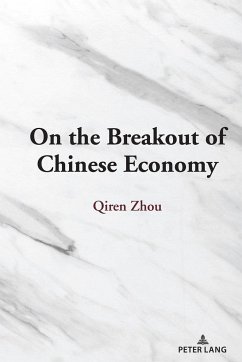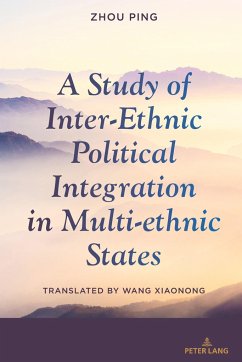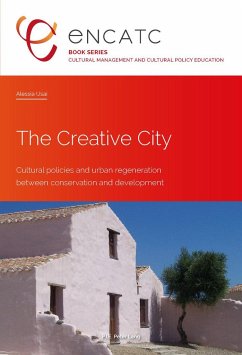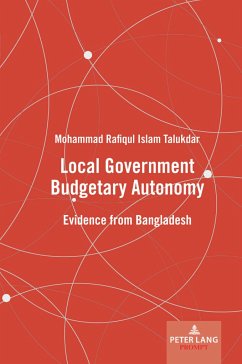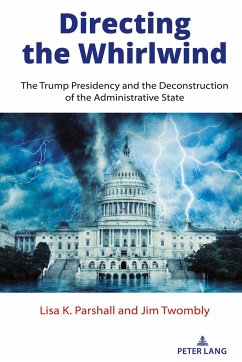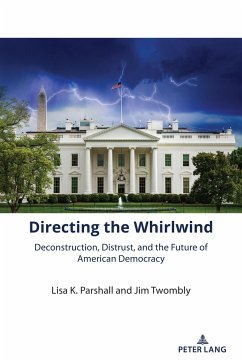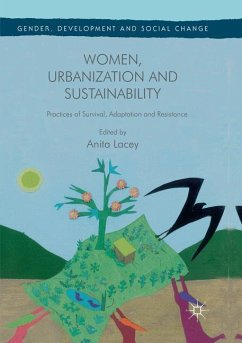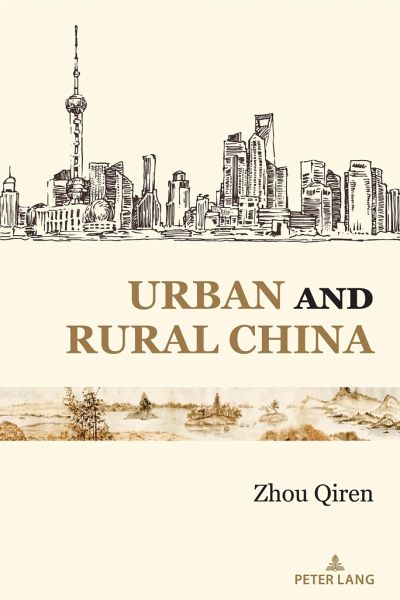
Urban and Rural China
Versandkostenfrei!
Versandfertig in 6-10 Tagen
102,95 €
inkl. MwSt.
Weitere Ausgaben:

PAYBACK Punkte
0 °P sammeln!
Following years of investigation and research on the changes of China's land system, the author discusses the evolution of urbanization and rural land system reform in China, arguing that the shackles of institutional arrangements, especially the dual track of the urban-rural system, hinder the free flow of resource elements, creating different property rights for rural or urban people and leading to an extremely unbalanced development of urban and rural China. However, China's incremental reform experience began in the countryside and from there encircled the cities. In order to attract forei...
Following years of investigation and research on the changes of China's land system, the author discusses the evolution of urbanization and rural land system reform in China, arguing that the shackles of institutional arrangements, especially the dual track of the urban-rural system, hinder the free flow of resource elements, creating different property rights for rural or urban people and leading to an extremely unbalanced development of urban and rural China. However, China's incremental reform experience began in the countryside and from there encircled the cities. In order to attract foreign capital for industrial development, land auction opened a prelude of land marketization, but the market has long been for urban land transaction only. The trend of urbanization, the pursuit of freedom and equality by the people, and the changes in relative land price must trigger changes in the institutional framework and pry open the doors to the market bit by bit. Local experimentalpolicy tools, such as land-people-industries agglomeration and urban-rural linkages, benefit both rural and urban, market and state, and in a certain degree realize the collective land transaction. In urban-rural China, general property rights, especially the rights to transfer, must be redefined, and the rule of law is needed to contain coercive power and bring the activities of most people into a legal framework.





